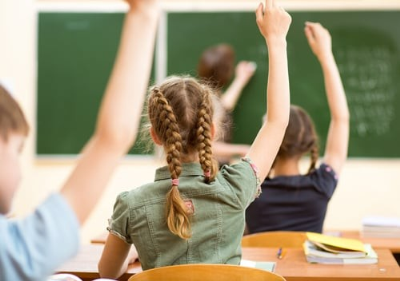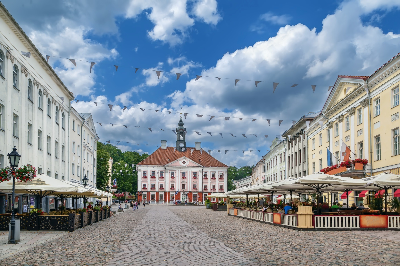
© https://denzadnem.com.ua/
У вересні в Естонії стартує програма AI Leap 2025, яка має на меті трансформувати старшу школу завдяки інтеграції штучного інтелекту в навчальний процес. Ініціатива охопить понад 20 тисяч учнів 10–11 класів і близько 3 тисяч педагогів, які безкоштовно отримають доступ до інструментів на базі штучного інтелекту, зокрема ChatGPT Edu. До 2027 року участь у програмі зможуть взяти вже 58 тисяч учнів по всій країні. Проєкт, започаткований за ініціативи президента Аларa Каріса в партнерстві з компаніями OpenAI та Anthropic, став ключовим кроком у розвитку критичного мислення, цифрової грамотності та освітньої інклюзії. Уряд підкреслює: йдеться не про заміну вчителя алгоритмом, а про посилення ролі викладача через нові інструменти адаптивного навчання. Особливістю підходу Естонії є також відмова від заборон смартфонів у школах. Замість цього — акцент на усвідомлене та відповідальне їх використання. Кожен учень отримає індивідуальний AI-акаунт, що дає змогу інтегрувати смартфон у навчальний простір. Міністерка освіти Крістіна Каллас зазначає: «Наші школярі повинні не боротися з технологіями, а навчитися їх опановувати. Саме це — шлях до майбутнього громадянської участі». Програма вже привернула увагу європейських освітніх медіа та вважається однією з найамбітніших у ЄС щодо впровадження штучного інтелекту в публічну освіту.
Підтримати видання або поширення саме цієї cтатті (вказати): номер корпоративної картки VISA 4874 24 25 0032 3434
Estonia Prepares a Breakthrough in Digital Education: Launch of the National AI Leap 2025 Program
In September, Estonia will launch the AI Leap 2025 program aimed at transforming secondary education through the integration of artificial intelligence into the learning process. The initiative will cover over 20,000 students in grades 10–11 and around 3,000 teachers, who will receive free access to AI-based tools, including ChatGPT Edu. By 2027, the program is expected to expand to reach 58,000 students nationwide. The project, initiated by President Alar Karis in partnership with OpenAI and Anthropic, marks a key step in developing critical thinking, digital literacy, and educational inclusion. The government emphasizes that the goal is not to replace teachers with algorithms but to enhance educators’ roles through new adaptive learning tools. A distinctive feature of Estonia’s approach is the rejection of smartphone bans in schools. Instead, the focus is on conscious and responsible use. Each student will receive an individual AI account, enabling smartphones to be integrated into the learning environment. Education Minister Kristina Kallas notes: “Our students should not fight technology but learn to master it. This is the path to future civic engagement.” The program has already attracted attention from European educational media and is considered one of the most ambitious AI initiatives in public education within the EU.

©
1691